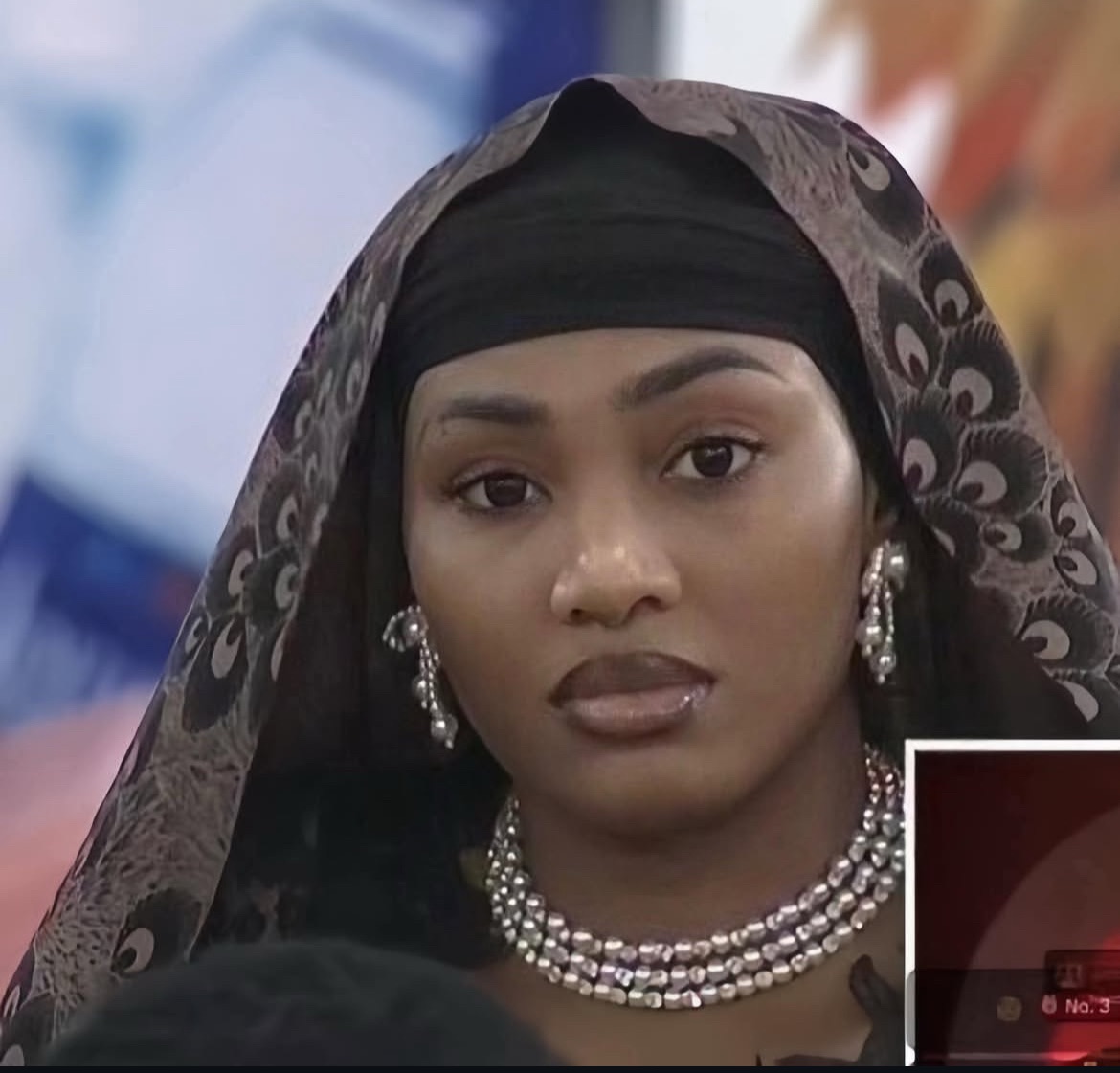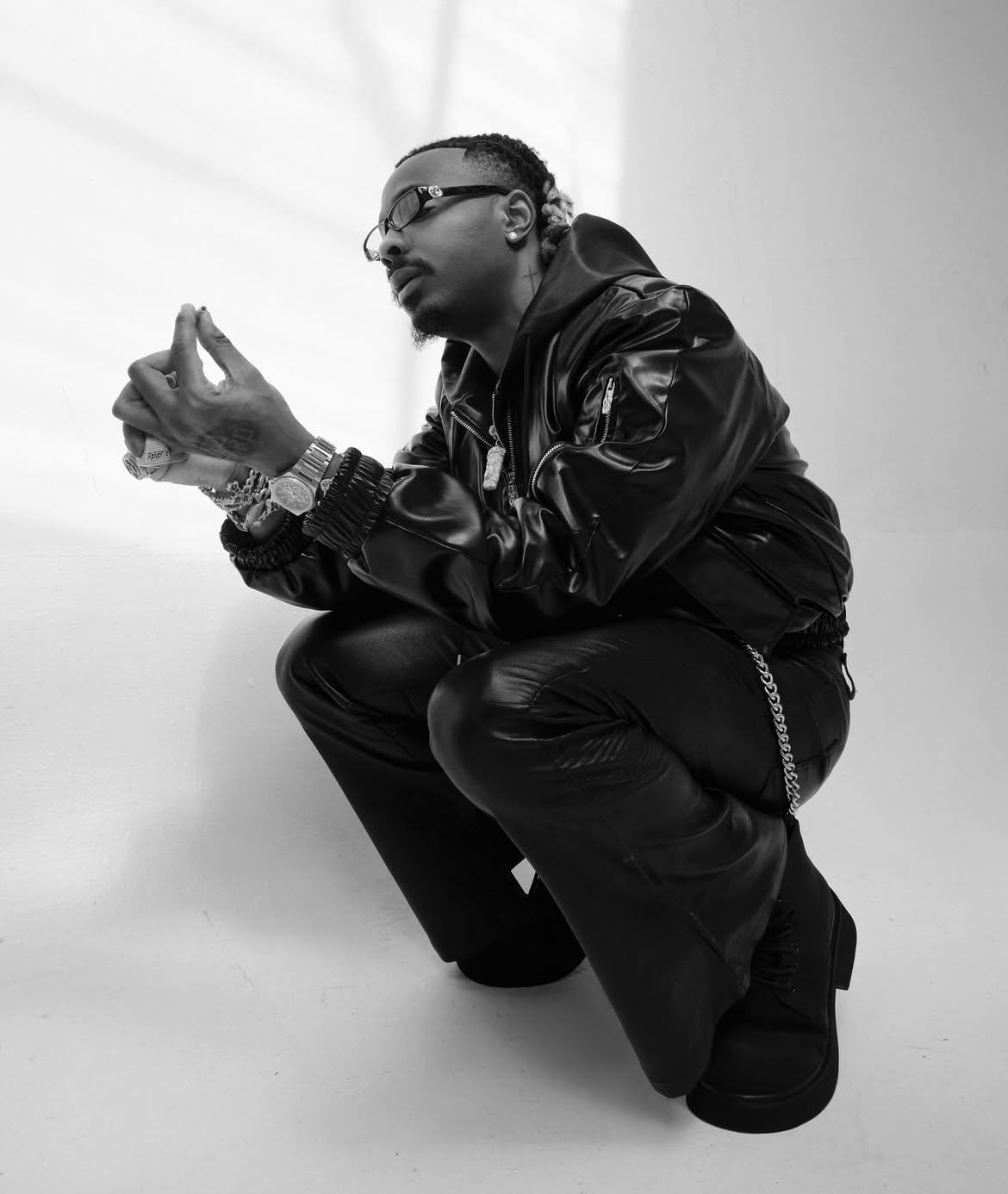Queen Sultana, a standout housemate on Big Brother Naija Season 10, caused a wave of reactions when she corrected fellow contestants about the meaning of “aboki.” She did more than just teach the house—she gave clarity to viewers all over Nigeria who misunderstood the term.

What did Sultana say “aboki” means?
Aboki means “friend” in Hausa language.
She explained that it isn’t an insult, though many in Southern Nigeria mistakenly use it to imply someone is unintelligent or uneducated—inadvertently offending Hausa speakers. Sultana made it clear: the correct meaning is friendly, not derogatory.
Why do some people think “aboki” is insulting?
Is “aboki” considered rude in some regions?
Yes. In many southern areas, the word has been misused to stereotype Northern Nigerians as unsophisticated. This misuse has led many Hausa people to feel disrespected when non-Hausa speakers call them “aboki.” Sultana’s explanation challenged those stereotypes and provided vital cultural clarity.
How did BBNaija viewers react to Sultana’s explanation?
Was it helpful beyond the show?
Absolutely. Viewers quickly took to social media praising her for education rooted in kindness. Many shared that they had also misunderstood the term until watching that moment. Comments included: “She just schooled the whole country,” and “Now I understand why some northerners were offended.”
What is “Meshai” that she mentioned too?
What does “meshai” mean?
Alongside “aboki,” Sultana mentioned the word “meshai”, which loosely translates to someone who sells tea or refreshments in Hausa-speaking regions. She clarified that it’s often used plainly, but some mishear or misuse it—turning it into slang that can offend.
Quick Q&A
Q: Should I stop calling someone “aboki”?
If you’re not Hausa, it may be better to avoid using it—especially in casual conversation—unless you’re certain it won’t offend. Apologizing and replacing it with the person’s name is a thoughtful move.
Q: Is the term still used among Hausa speakers?
Within Hausa communities, “aboki” may still mean “friend”. But internal usage has shifted. Many prefer words like “Dan uwa” (my brother) or “Mutumina” (my person), which feel more respectful.
Why it matters in Nigerian media today
This incident shows how a single moment on a reality show can correct widespread misunderstanding. With Big Brother Naija reaching millions daily, Sultana’s gentle clarification became an educational clip — crossing celebrity entertainment into cultural teaching.





